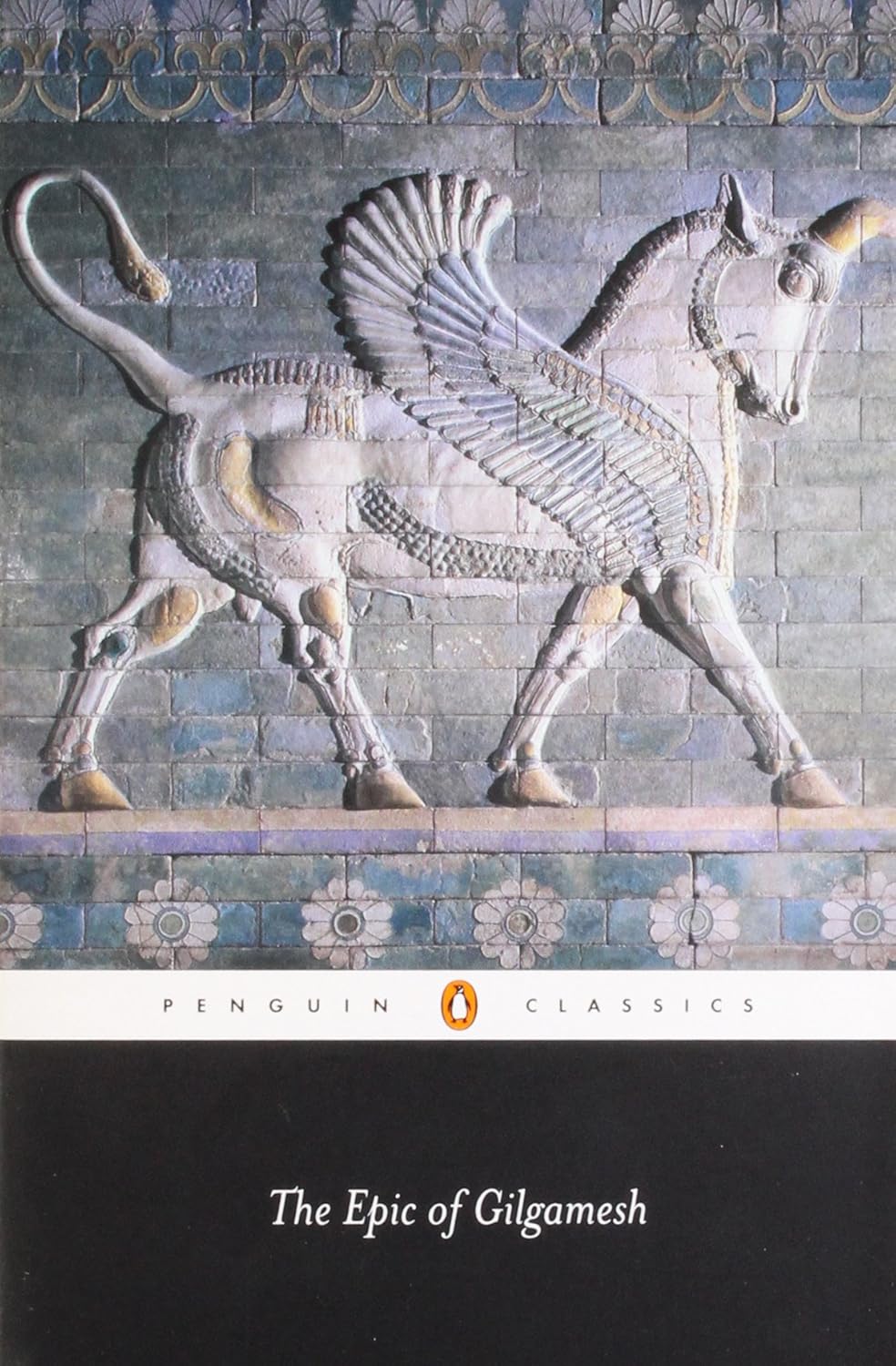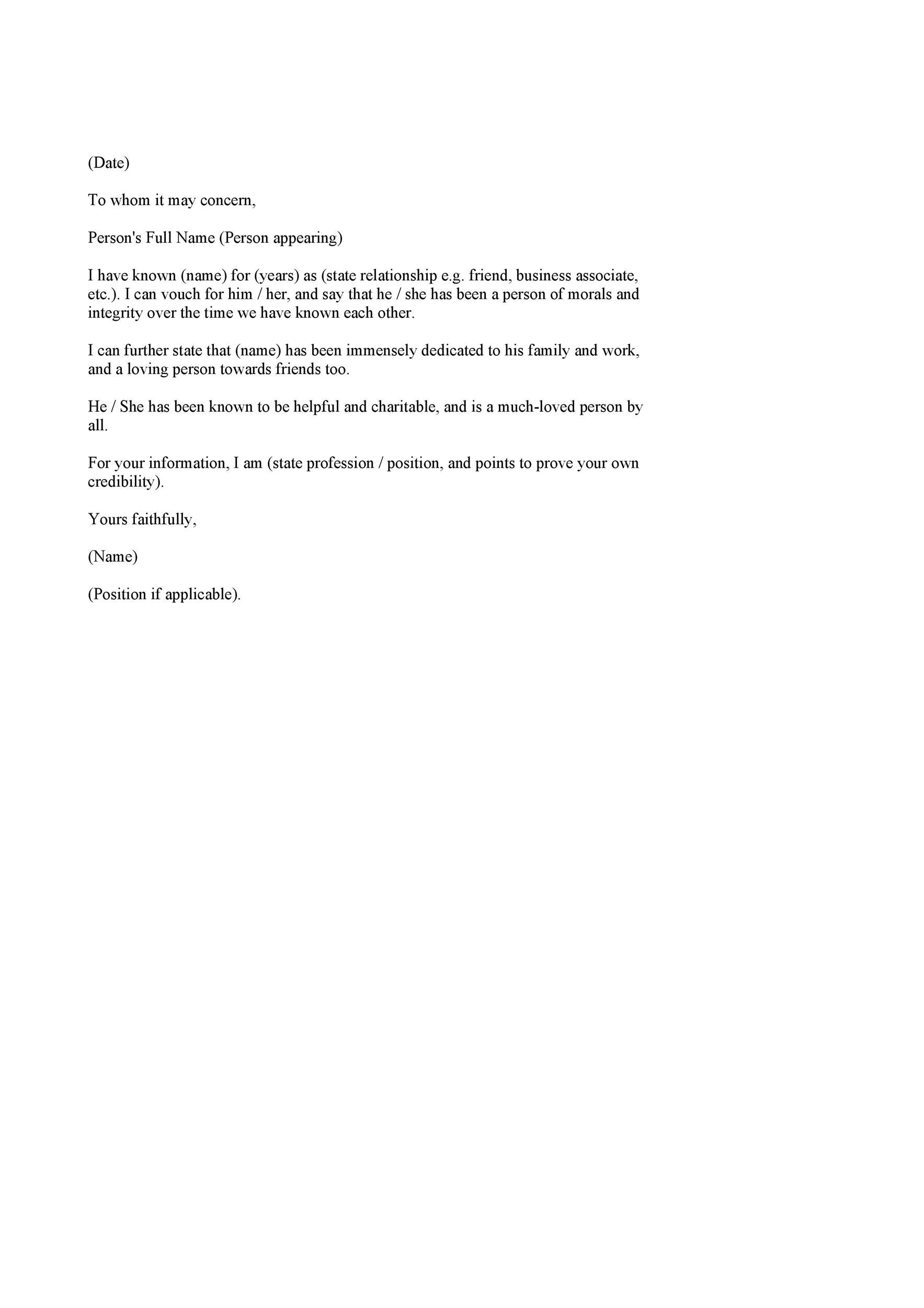Gandhi Concept of Civil Disobedience Essay Sample.
Gandhi's acts of civil disobedience Essay; Gandhi's acts of civil disobedience Essay. 2654 Words 11 Pages. Mohandas Karamchand Gandhi In 1757, Great Britain extended its empire into India. This occupation would not fully end until 1947. In the time between, there were many movements by the Indian people to gain independence from the British.
While in jail, Gandhi read the essay “Civil Disobedience” by Henry David Thoreau, a 19th-century American writer. Gandhi adopted the term “civil disobedience” to describe his strategy of non-violently refusing to cooperate with injustice, but he preferred the Sanskrit word satyagraha (devotion to truth).

Civil disobedience is a form of not obeying the law as a protest against the laws that do not have any common sense and prevent people from having a comfortable life and freedom. Unfortunately, the authorities often do not think how the adopted laws will affect the ordinary people’s lives and to which consequences this can lead.

His philosophies of ahimsa and satyagraha, meaning non violence and non violent resistance respectively as a form of civil resistance and disobedience is one of the most prominent and most renowned for its massive implementations throught history.

Joan Bondurant has argued that self-suffering can never be acceptable as a way of securing rights to western minds. 47 Gandhi transformed the western cannon of civil disobedience to the Indian cannon of satyagraha. In his initiative for introducing the 'Fundamental Rights and Economic Changes' with Nehru to the India Congress was phenomenal.

Teachings and Philosophies of Gandhi The roots of civil disobedience exercised today stem from Gandhi's teachings, philosophy and practices. Mohandas Karamchad Gandhi, a.k.a. Mahatma Gandhi, Mahatma meaning great soul, was born in 1869 in India. Gandhi was a great humanist, a social reformer of fight imperialism morally and non-violently.

These are the ideas expressed by people who do not believe in the efficiency of state as an institution. This essay is aimed at discussing a real-life example of civil disobedience; in particular, it will focus on the campaign carried out by the supporters of Mahatma Gandhi who advocated the independence of India; this campaign was called Satyagraha.

Henry David Thoreau, Gandhi, and Martin Luther King Jr.'s Use of Civil Disobedience 562 Words 2 Pages According to the Merriam-Webster online dictionary, the definition of civil disobedience is the “refusal to obey governmental demands or commands especially as a nonviolent and usually collective means of forcing concessions from the government.”.

Essay's paper body. Non-violence would not be a success when you have less people than the opponent. As we see, King was later assassinated so even though he practiced non-violence, violence was used against him. The second point of civil disobedience is reaction to the law, meaning also a breach of the law that one believes to be unjust.

Gandhi believes that the way to stop the prosecution of his people is by civil disobedience. Our Service Can Write a Custom Essay on Civil Disobedience for You! Mahatma Gandhi used civil disobedience because he knew that it was the only way that the Indian people could fight the Great Britain laws.

This essay will be analyzing some of the conflicts of civil disobedience throughout history. First and foremost, in Gandhi's opinion of civil disobedience was that civil disobedience is the purest form of constitutional agitation. Mohandas Gandhi was an Indian independence leader who started the protest of British rule in India.

His use of civil disobedience (to peacefully disobey laws in protest of government policy) to achieve change inspired similar movements for freedom and human rights around the world. Gandhi earned the title of Mahatma (Great Soul) for his efforts to ease the burden of poverty and ignorance for the poor.

Understanding the basic philosophy of Satyagraha as enunciated by Gandhiji Key notes on Gandhi’s Concept of Satyagraha Essay on the Salient Features of Liberalism Navigation PreserveArticles.com: Preserving Your Articles for Eternity PreserveArticles.com is a free service that lets you to preserve your original articles for eternity.



